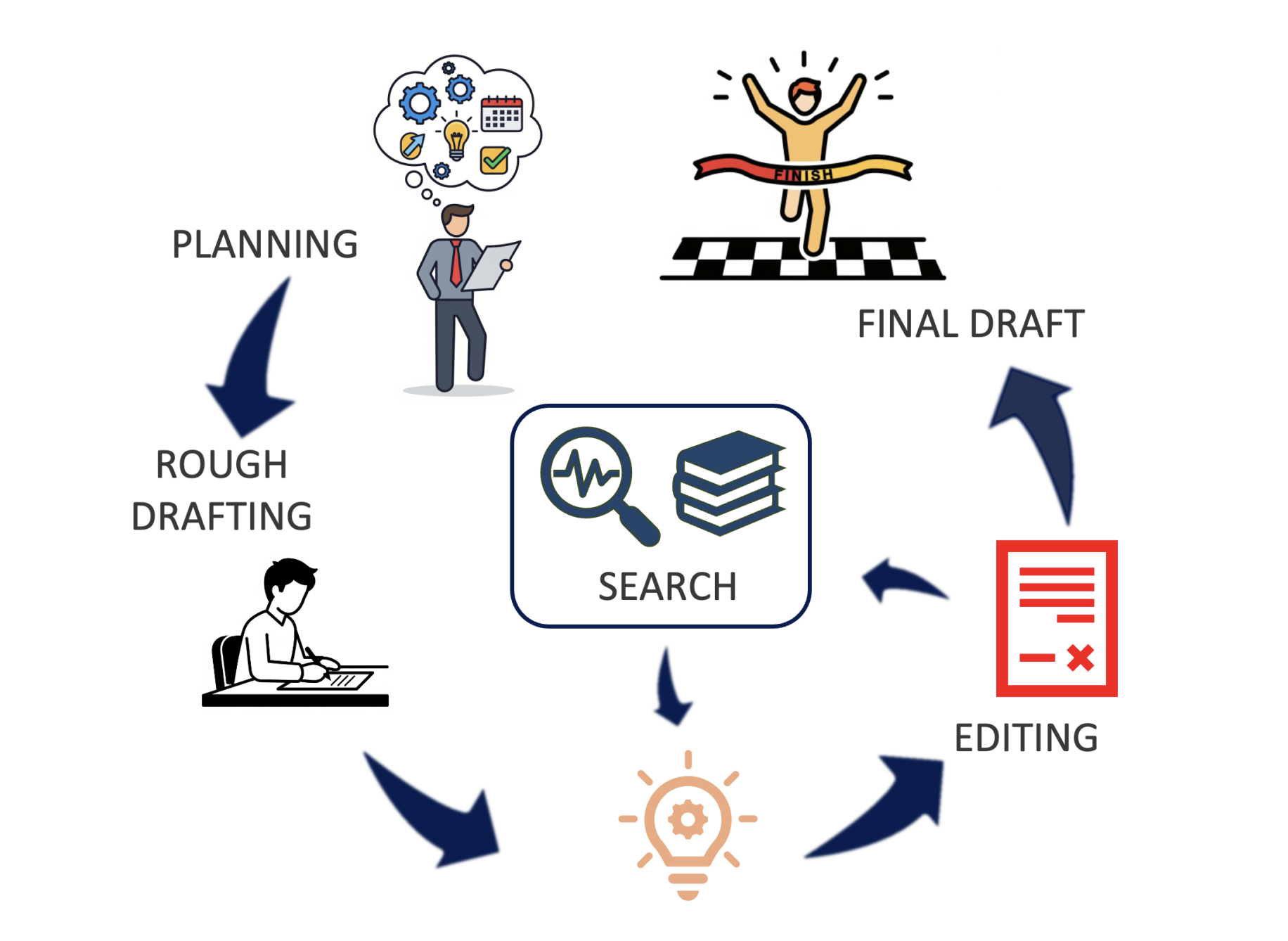
Google AI Unveils Test-Time Diffusion Framework for Enhanced Deep Research Agents
Google AI has made significant strides in the realm of artificial intelligence with the introduction of the Test-Time Diffusion Deep Researcher (TTD-DR). This innovative framework is specifically designed to enhance the capabilities of Deep Research (DR) agents, which have seen a surge in popularity across both research and industry sectors.
Addressing a Critical Gap
Despite advancements in large language models (LLMs), many existing DR agents fail to emulate human cognitive processes. According to a report by MarkTechPost, these agents often lack structured methodologies that can aid human researchers in essential tasks such as drafting, searching, and utilizing feedback.
The current landscape reveals that many DR agents compile test-time algorithms and various tools without a cohesive framework. This deficiency highlights the urgent need for purpose-built systems that not only match but exceed human research capacities.
Innovative Approaches in Research
The TTD-DR framework introduces several innovative techniques to bridge the gap between human and AI research methodologies. Existing works in this domain have explored methods such as:
- Iterative Refinement Algorithms: These algorithms allow for gradual improvement of research proposals through successive iterations.
- Debate Mechanisms: This technique fosters constructive discussions among multiple agents to assess and refine hypotheses.
- Tournaments for Hypothesis Ranking: This approach evaluates various hypotheses based on their performance in competitive scenarios.
- Self-Critique Systems: These systems enable agents to review and critique their own outputs, enhancing the quality of research proposals.
In addition to these methods, multi-agent systems within the TTD-DR framework utilize a combination of planners, coordinators, researchers, and reporters to create a more human-like research environment, promoting collaboration and efficiency.
Conclusion
The introduction of the Test-Time Diffusion Deep Researcher marks a pivotal moment in the evolution of AI-driven research tools. By incorporating human-inspired cognitive frameworks, Google AI is poised to significantly enhance the effectiveness of deep research agents, ultimately fostering more robust and insightful research outcomes.
Rocket Commentary
The introduction of Google AI's Test-Time Diffusion Deep Researcher (TTD-DR) represents a pivotal moment in addressing the limitations of existing Deep Research agents, particularly their inability to replicate human cognitive processes effectively. While the framework promises to enhance the efficiency and capability of these agents, its success will ultimately hinge on its accessibility and ethical deployment. As businesses and researchers increasingly rely on AI, the imperative remains clear: we must ensure these technologies serve as transformative tools that genuinely support human ingenuity rather than simply automate existing processes. By fostering a collaborative relationship between AI and human researchers, we can unlock new avenues for innovation and efficiency across various sectors.
Read the Original Article
This summary was created from the original article. Click below to read the full story from the source.
Read Original Article